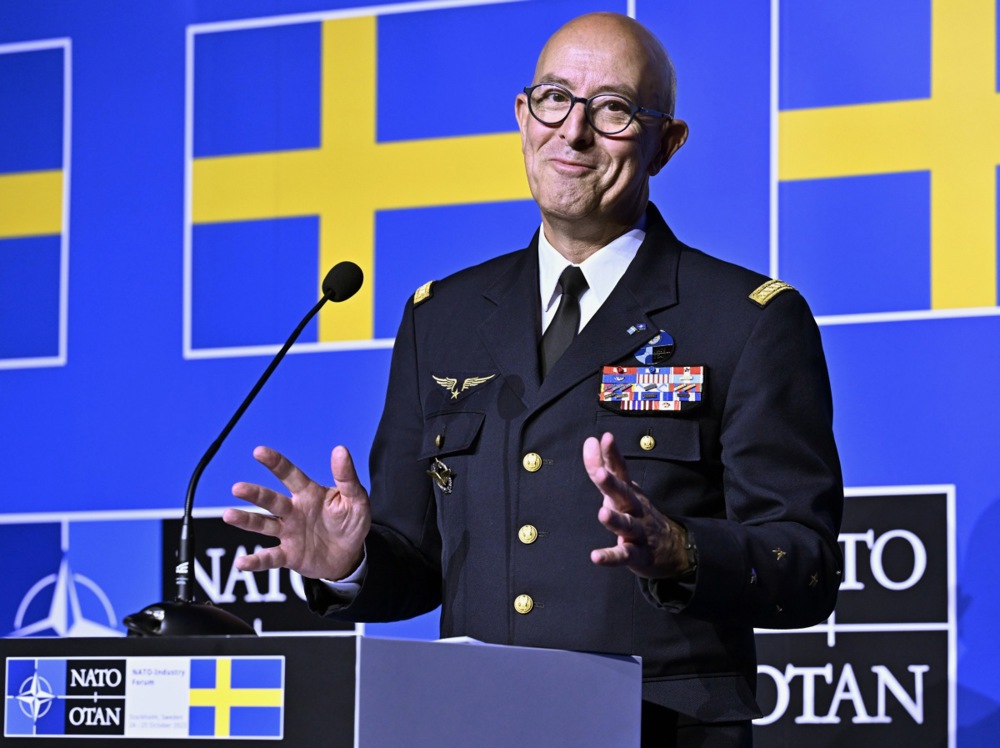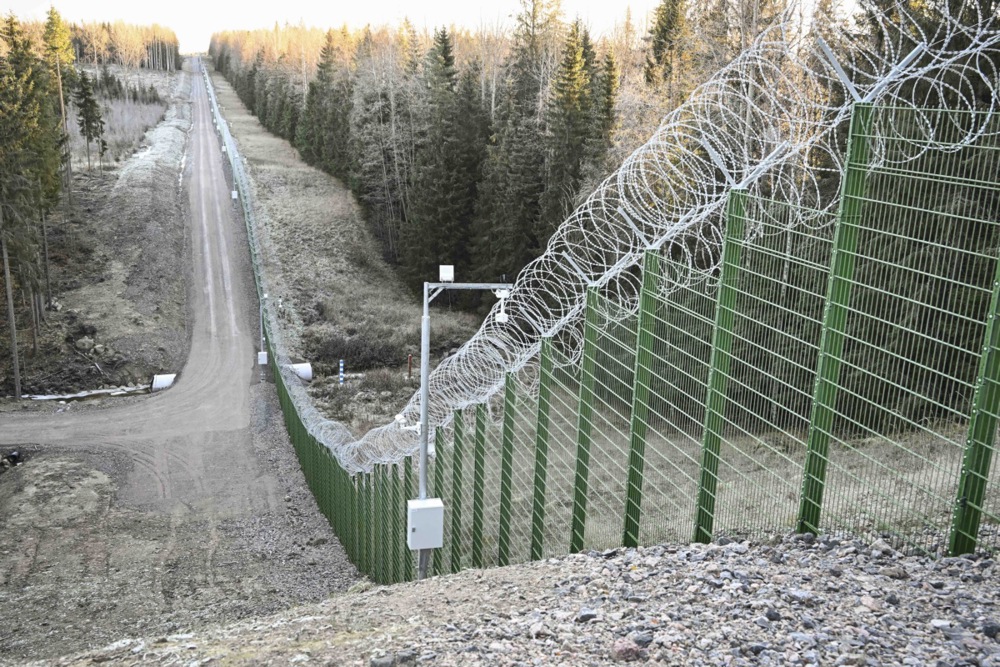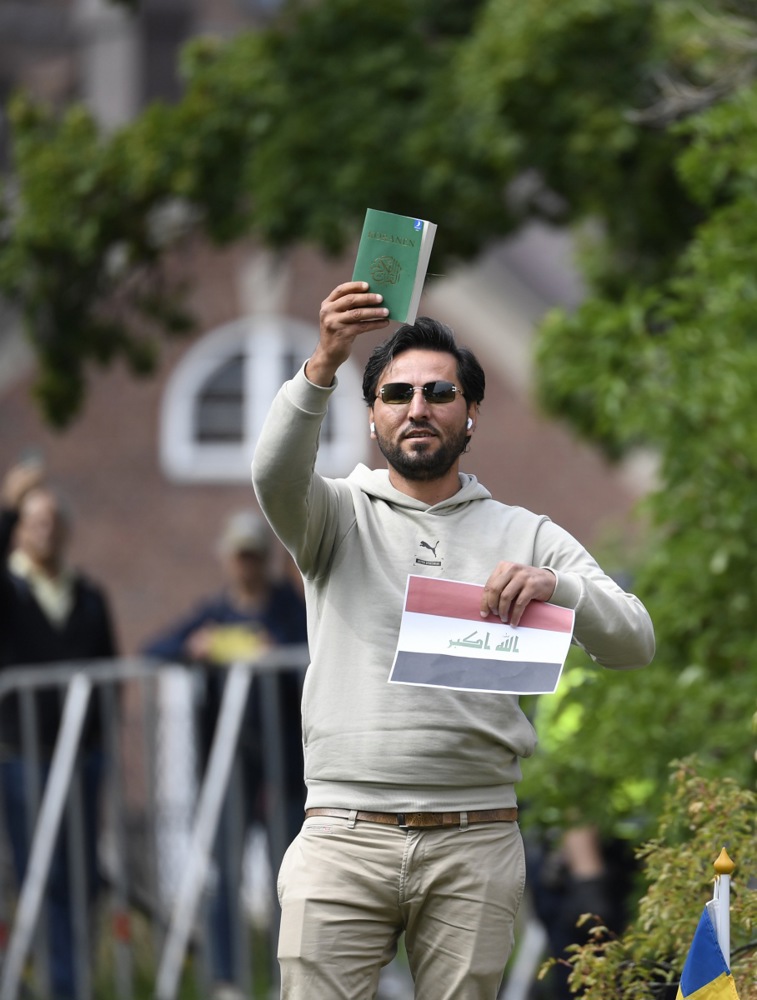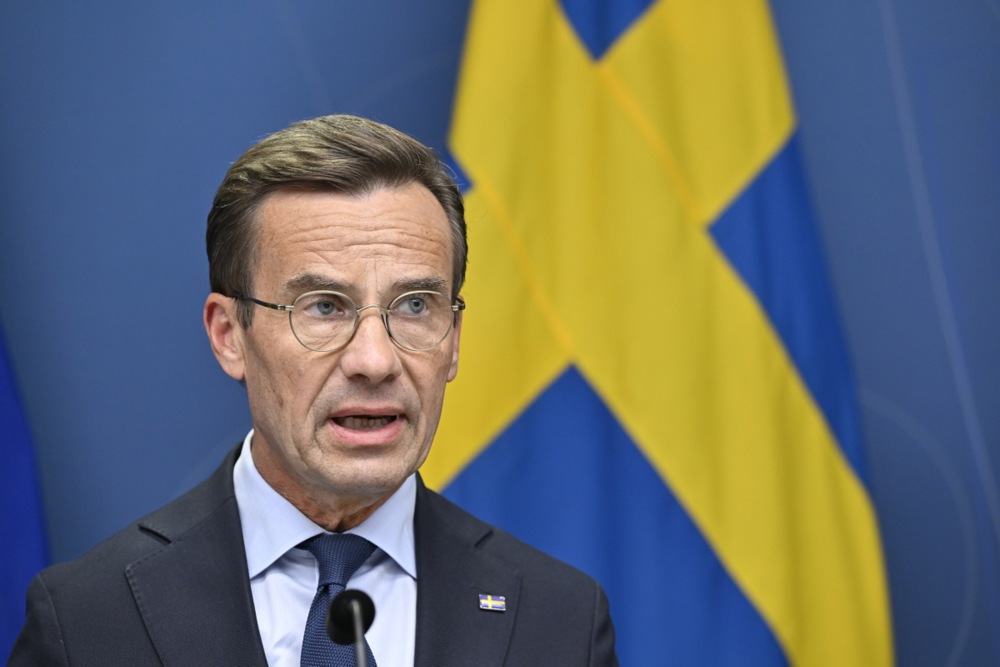Sweden’s Security Service says the country is in a serious security situation, with major threats from hostile foreign actors and violent extremists.
Charlotte von Essen, head of the Swedish Security Service (Säkerhetspolisen or SÄPO in Swedish) says these will bring “increased pressure on Swedish society.”
In its annual report, the Swedish Security Service points to “above all Russia”, but also China and Iran, as the country’s greatest security threats. The three countries are cooperating with each other to some extent, it says.
“Foreign powers have a high capacity for various types of attacks and we know that security-threatening activities against Sweden and Swedish interests are constantly ongoing,” says von Essen.
At the same time, the image of Sweden has also become a security issue, according to the Swedish Security Service.
Sweden made international headlines after a series of Quran burnings, which soured the country’s image in large parts of the Islamic world.
In some cases, this enmity turned violent. In July 2023, hundreds of Iraqis stormed the Swedish Embassy in Baghdad and set it on fire.
In August, the terrorism threat was raised from level three to four on a five-point scale, meaning the country is seen as a priority target.
Two Swedes were then murdered in a terrorist attack in Brussels in October.
“Foreign powers have been given increased incentives to conduct security-threatening activities against the West and Sweden,” says the Säpo director.
Violent Islamist extremism and right-wing extremism are the primary threats of a possible attack, she says.
These organisations and individuals can also be used by foreign powers to conduct security-threatening activities, says Säpo.
“The threats against Sweden are complex. We see that foreign powers and violent extremists act in a way that means that the threats intersect and are amplified. They are fuelling division and polarisation,” says von Essen.
Russia and China are also conducting activities in Sweden’s northernmost region, according to the Swedish Security Service.
This Arctic area has rare earth metals and minerals, used in new technologies and with major implications for Swedish defence and industry.
She also warns accepting these threats as a new normal.
“It’s dangerous because then there is a risk that no one sees the gradual changes any more and that we no longer have the preparedness that is needed,” the director says.





